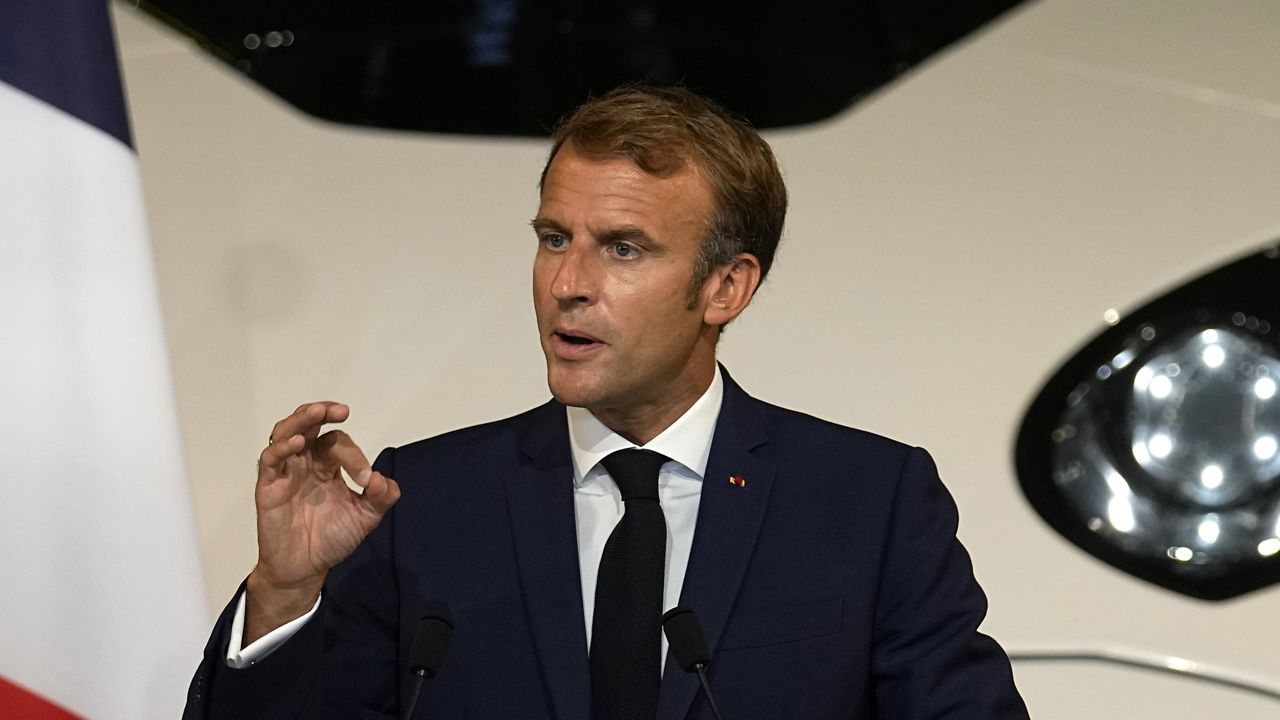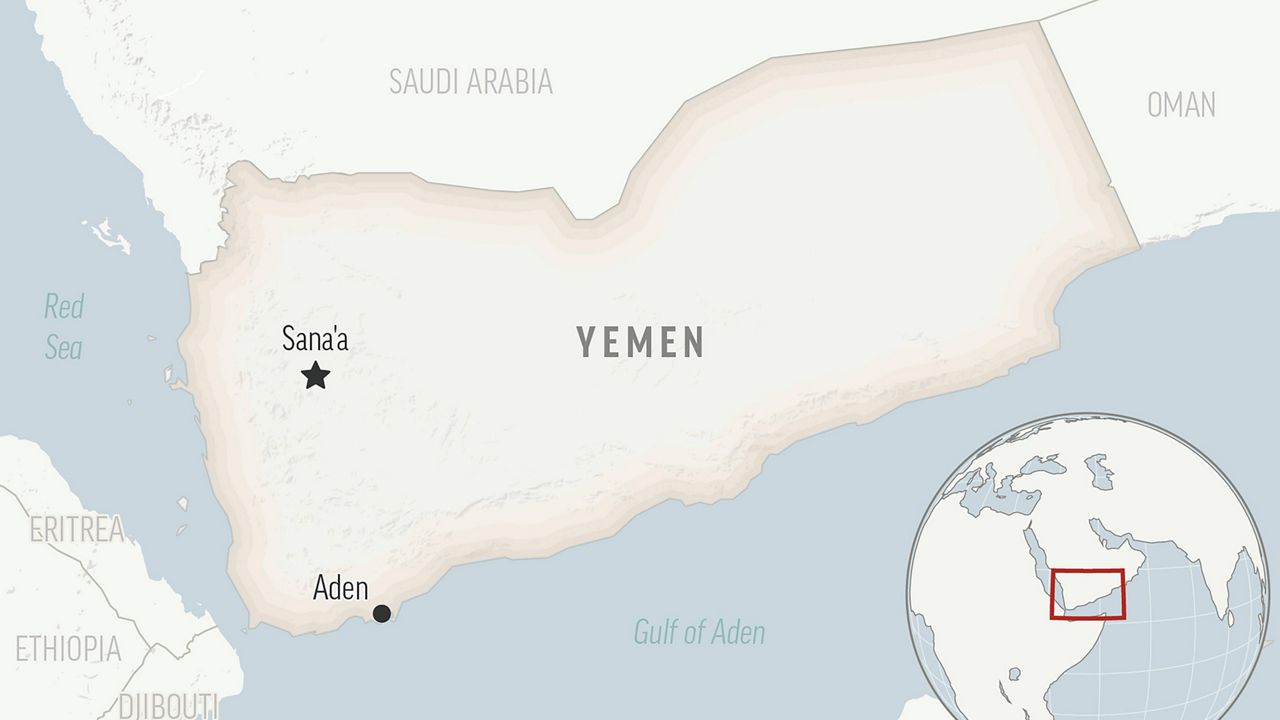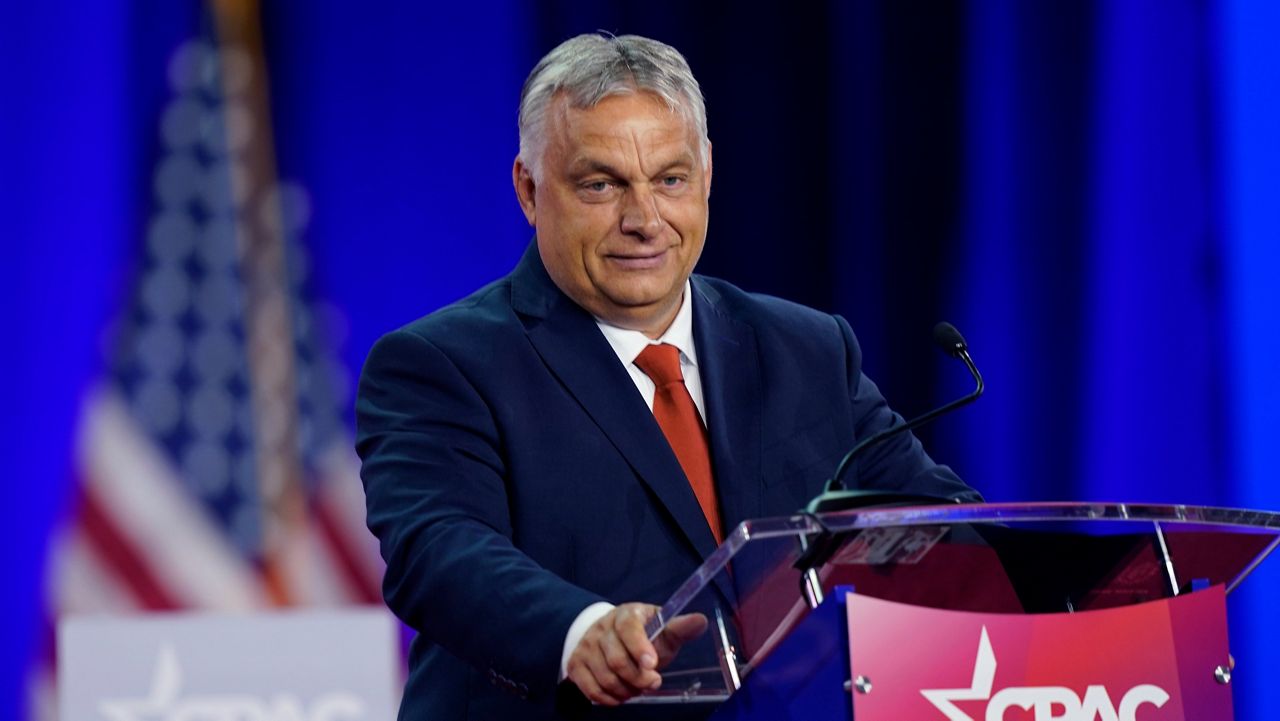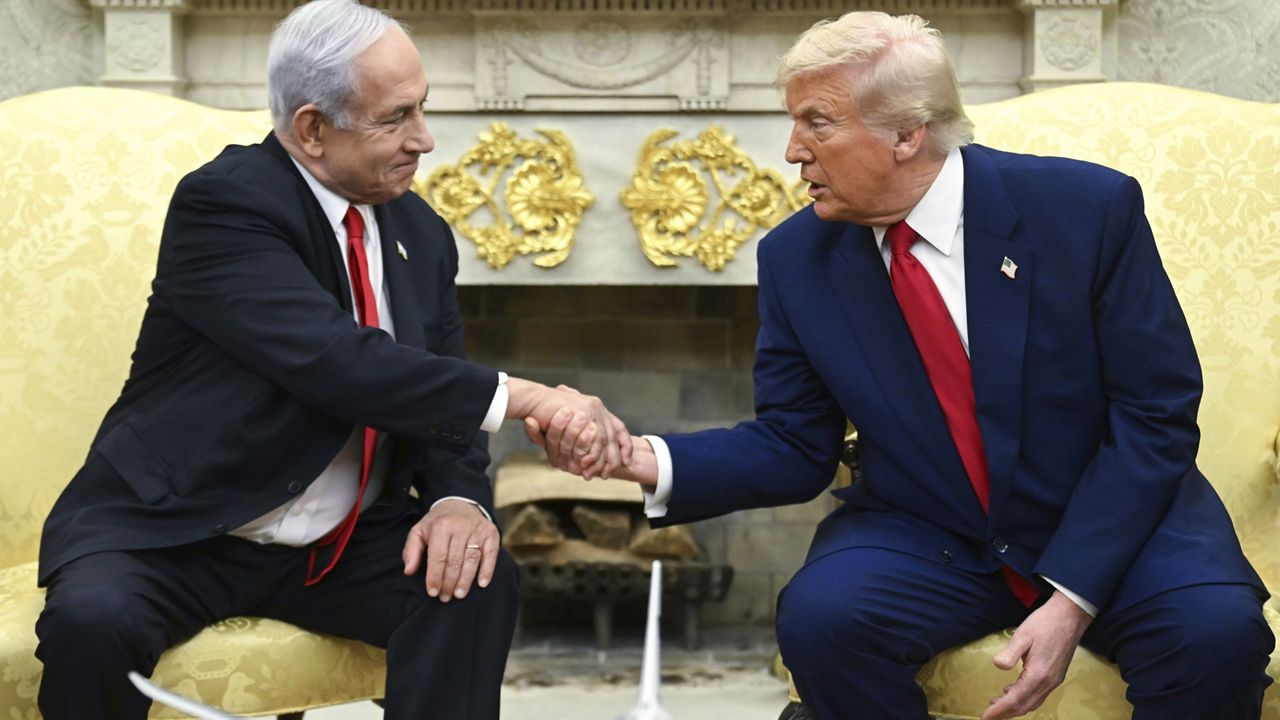French Foreign Minister Jean-Yves Le Drian said Friday evening that France is immediately recalling its ambassadors to the U.S. and Australia in the aftermath of a submarine deal between the U.S., Australia and the U.K.
Le Drian said in a statement that the "exceptional decision is justified by the exceptional gravity of the announcements" made by Australia and the United States.
"The cancellation of the Attack class submarine program binding Australia and France since 2016, and the announcement of a new partnership with the United States meant to launch studies on a possible future cooperation on nuclear-powered submarines, constitute unacceptable behavior between allies and partners, whose consequences directly affect the vision we have of our alliances, of our partnerships and of the importance of the Indo-Pacific for Europe," Le Drian continued.
The Biden administration on Wednesday announced a new trilateral security partnership between the United States, United Kingdom and Australia focused on maintaining peace and stability across the Indo-Pacific region, which encompasses the countries located in the Pacific Ocean and Asia, notably including China.
President Joe Biden spoke about the new defense-focused relationship on Wednesday afternoon from the White House as Prime Minister Boris Johnson joined him by video from the U.K., where it was late evening, and Prime Minister Scott Morrison appeared virtually from early morning in Australia.
"Today we're taking another historic step to deepen and formalize cooperation among all three of our nations," the president said. "We all recognize the imperative of ensuring peace and stability in the Indo-Pacific over the long term."
The three countries will focus on security by joining together on things like defense technology, cybersecurity, artificial intelligence, quantum technology and undersea capabilities, including nuclear-powered submarines, the president said. He added that details of the agreement would be worked out over the next 18 months.
The new alliance, named AUKUS to represent each country, comes as the Biden administration moves to focus on China as an emerging defense priority and as they also affirm partnerships in Asia.
Earlier Friday, a top French diplomat told The Associated Press that “this is a strategic question concerning the very nature of the relationship between Europe and the United States about the Indo-Pacific strategy.”
Macron has not commented on the issue since President Joe Biden’s announcement of a strategic Indo-Pacific alliance with Australia and Britain, leading France to lose a nearly $100 billion deal to build diesel-electric submarines.
France has pushed for several years for a European strategy for boosting economic, political and defense ties in the region stretching from India and China to Japan and New Zealand. The EU unveiled this week its plan for the Indo-Pacific.
The French diplomat said Friday that Macron received a letter from Australian Prime Minister Scott Morrison on Wednesday morning announcing the decision to cancel the submarine deal.
French officials then decided to reach out to the U.S. administration “to ask what was going on,” he said. He added that discussions with Washington took place just two to three hours before Biden’s public announcement.
Le Drian on Thursday expressed “total incomprehension” at the move and criticized both Australia and the U.S.
“It was really a stab in the back. We built a relationship of trust with Australia, and this trust was betrayed,” he said. “This is not done between allies.”
He also compared Biden’s move to those of his predecessor, Donald Trump, under Trump’s “America First” doctrine.
Paris had raised the issue of the Indo-Pacific strategy during the June 25 visit to Paris of U.S. Secretary of State Antony Blinken, expressing the importance of its submarine program with Australia, the diplomat said.
“We said that is was for us a very important and critical component in our Indo-Pacific strategy,” he said. Blinken met with Macron during the visit.
The French diplomat said Australia never mentioned to France before its will to shift to nuclear-powered submarines, including during a meeting between Macron and Morrison in Paris on June 15.
This is a developing story. Check back later for further updates.
Spectrum News' Austin Landis and The Associated Press contributed to this report.








